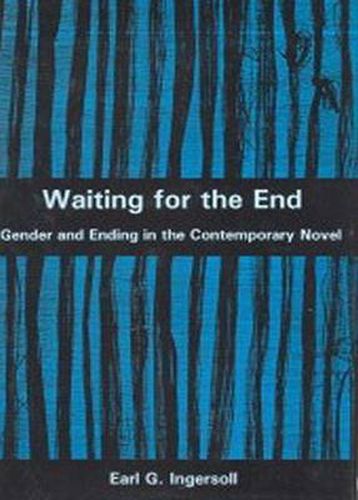Readings Newsletter
Become a Readings Member to make your shopping experience even easier.
Sign in or sign up for free!
You’re not far away from qualifying for FREE standard shipping within Australia
You’ve qualified for FREE standard shipping within Australia
The cart is loading…






Waiting for the End examines two dozen contemporary novels as demonstrations of the continuing concern with the gender of ending in narrative. Traditional concepts of the role of ending came under question in the later twentieth century, as feminists began to argue that the structure of rising action and climax was patently masculinist. The effort to theorize alternatives to that structure was echoed by contemporary novelists, male as well as female, who sought to complicate conventional notions of ending. Often those complications of ending(s) have spoken to a growing awareness that ending in narrative is artificial and that plot structure and ending need to make gestures toward the reader’s sense that while narrative may end, what narrative attempts to represent will always evade the artifice of fiction.
$9.00 standard shipping within Australia
FREE standard shipping within Australia for orders over $100.00
Express & International shipping calculated at checkout
Waiting for the End examines two dozen contemporary novels as demonstrations of the continuing concern with the gender of ending in narrative. Traditional concepts of the role of ending came under question in the later twentieth century, as feminists began to argue that the structure of rising action and climax was patently masculinist. The effort to theorize alternatives to that structure was echoed by contemporary novelists, male as well as female, who sought to complicate conventional notions of ending. Often those complications of ending(s) have spoken to a growing awareness that ending in narrative is artificial and that plot structure and ending need to make gestures toward the reader’s sense that while narrative may end, what narrative attempts to represent will always evade the artifice of fiction.